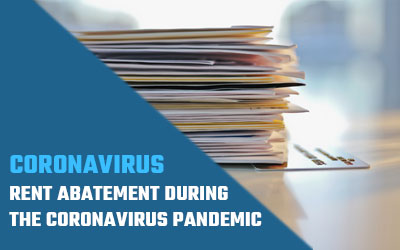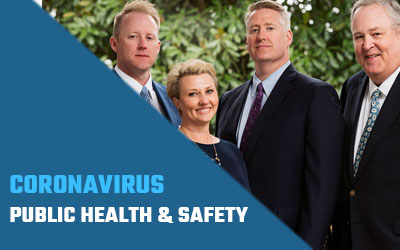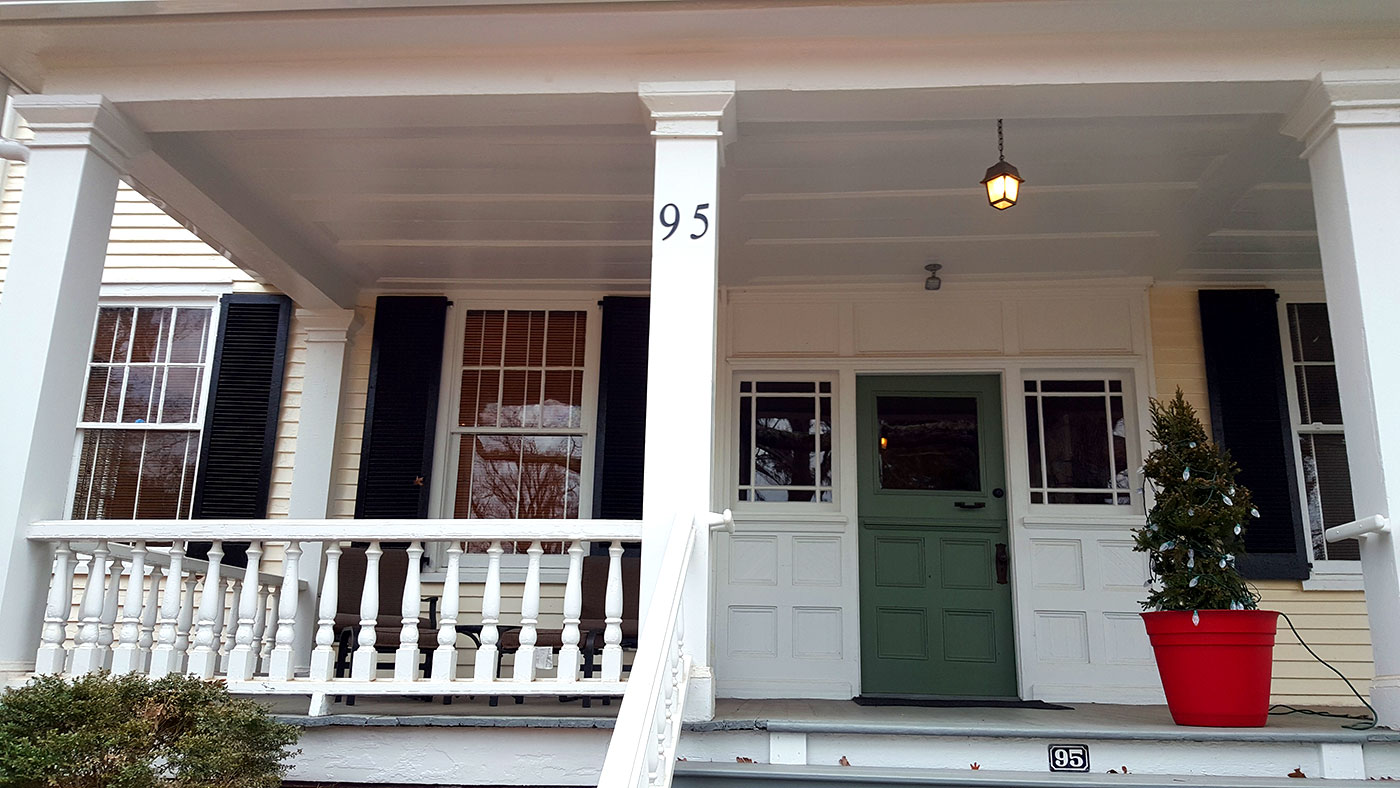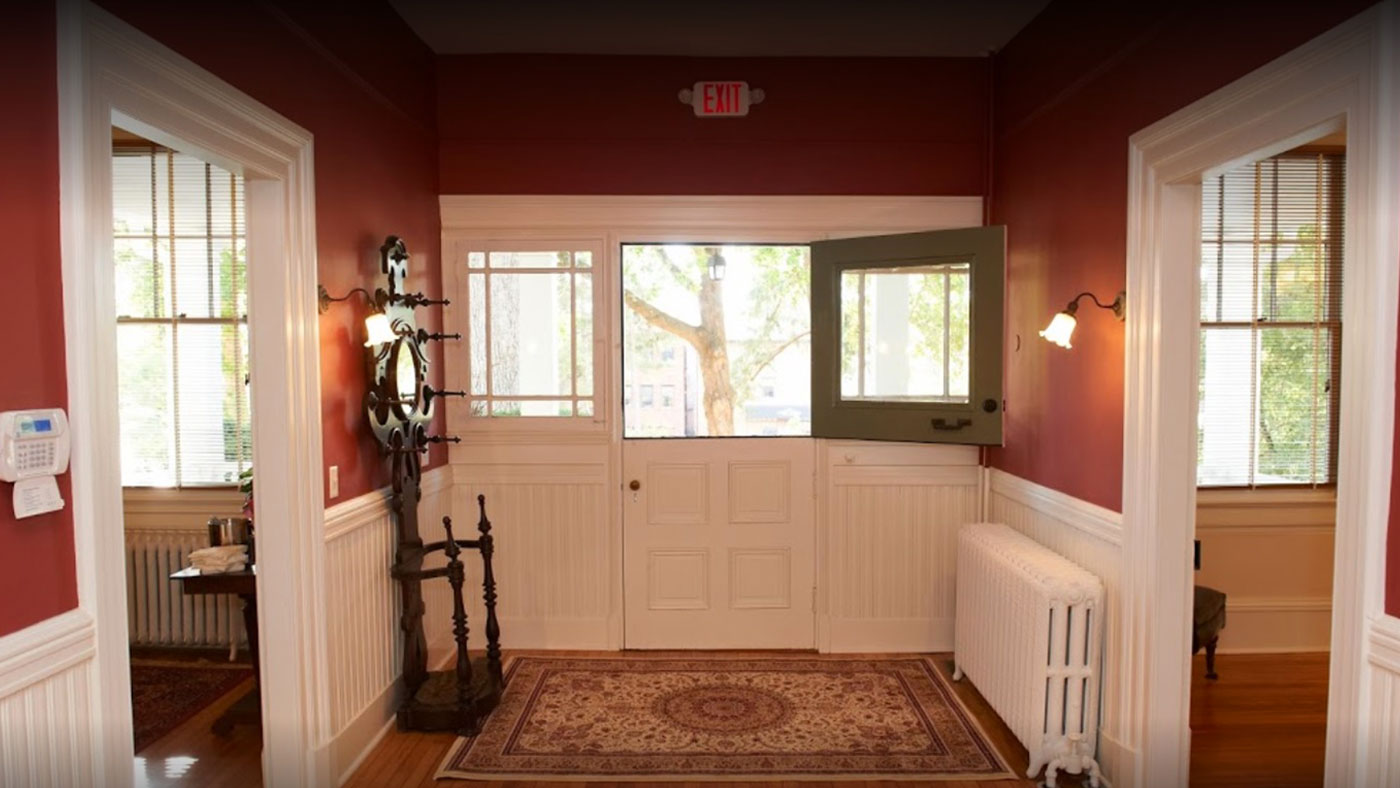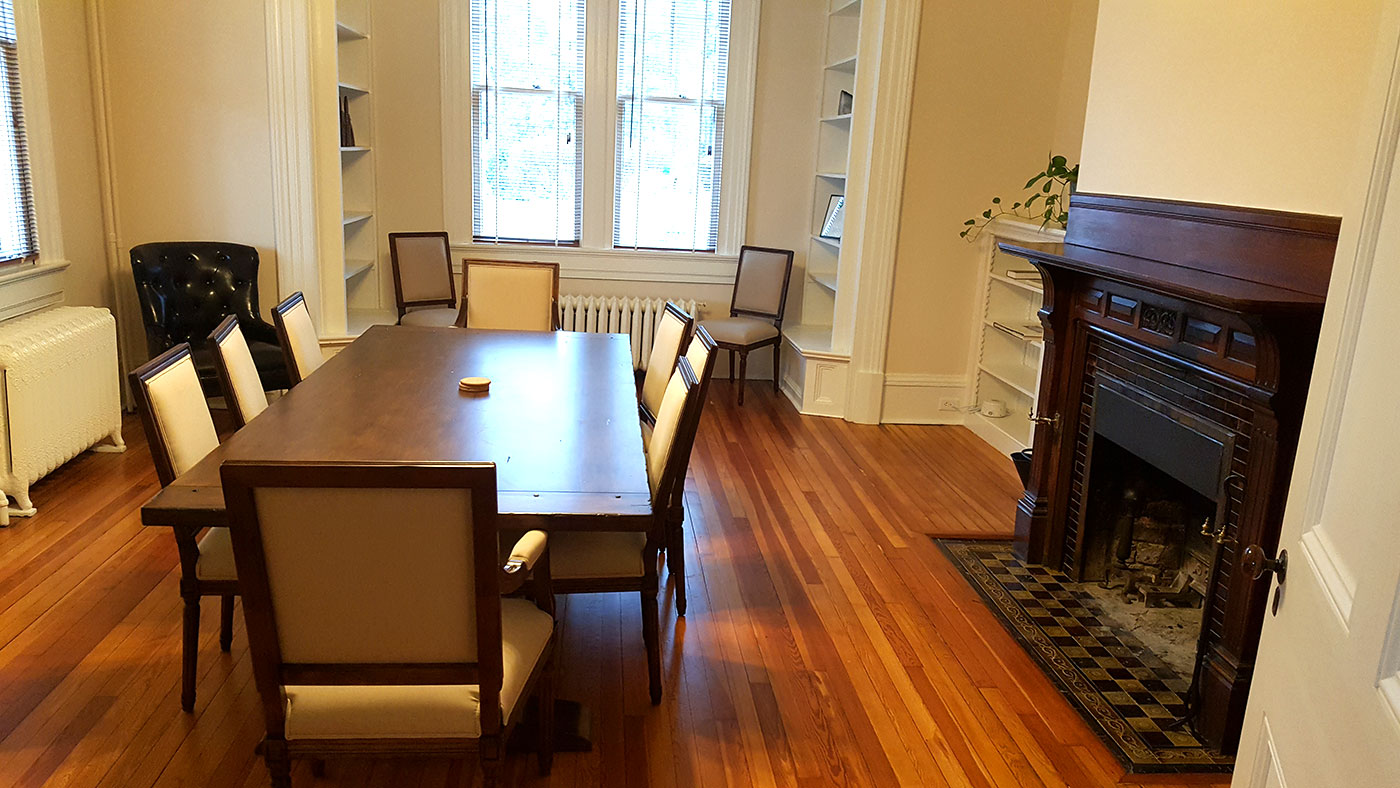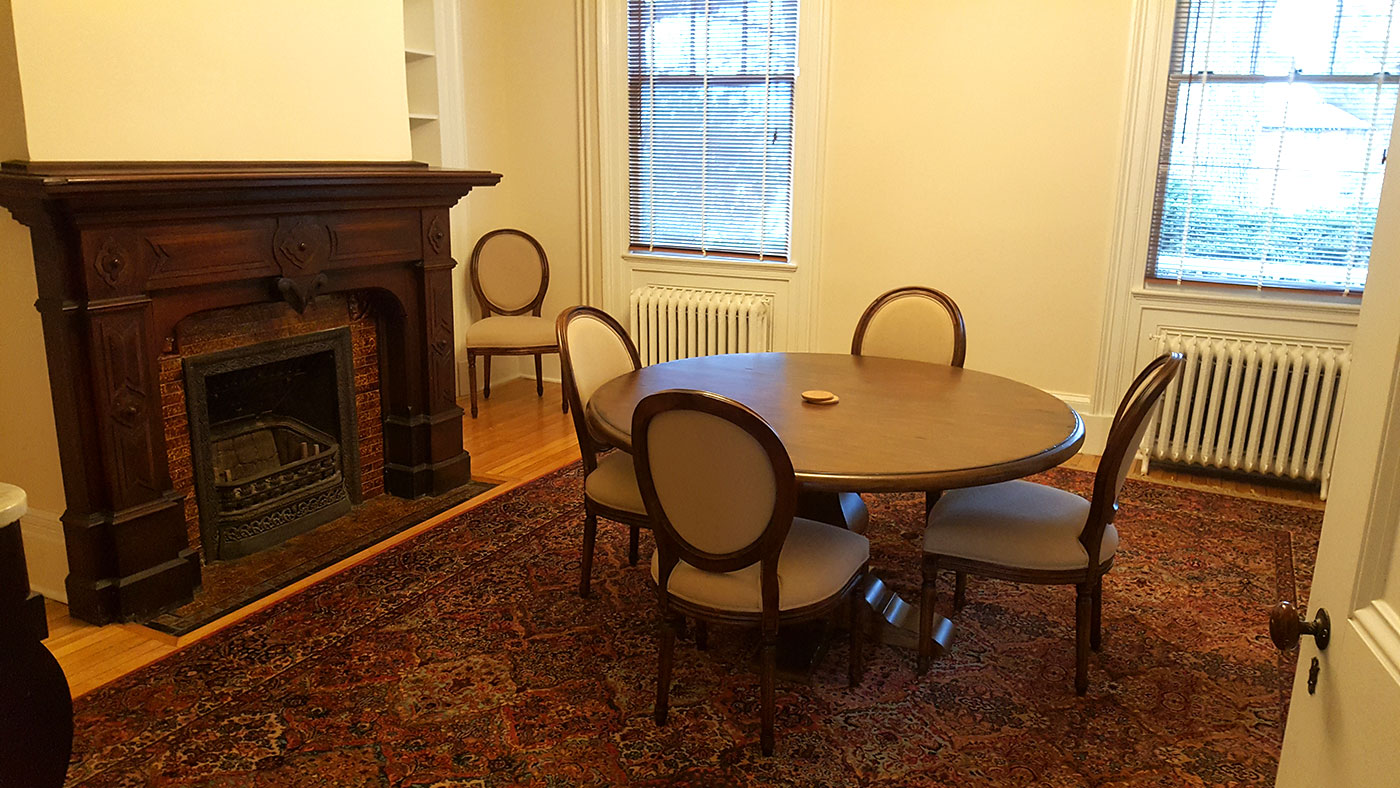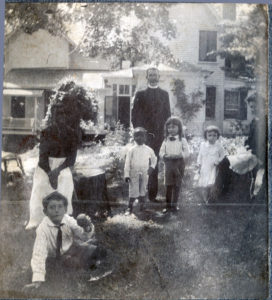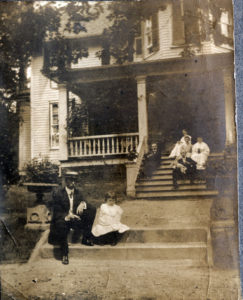Of the many fears associated with the COVID-19 Pandemic, one of the biggest is the direct and indirect economic disruption associated with the Pandemic. Put another way, the legitimate fear of losing your job or having your hours reduced to the point of not making enough money to pay your mortgage, rent, bills and feed your kids. For many folks in Western North Carolina right now, this fear is quickly becoming a scary reality.
The good news is that that some financial help is on the way. As this blog is being written, the United States Congress is still debating the Coronavirus Aid, Relief and Economic Security Act (the “CARES Act”). Provisions of the CARES Act include providing financial payments to citizens and low interest loans and grants to small business if they keep workers employed. In the wake of the Pandemic, North Carolina has eased unemployment benefit restrictions. However, even with these promised financial tools, many people are still worried about how they are going to pay their monthly mortgage payments or rent.
A. Mortgage Hardship Forbearance.
Just last week, the Federal Housing Finance Agency advised lenders to offer forbearance options for individuals impacted by the coronavirus and who are in jeopardy of falling behind on their mortgage payments. A “mortgage forbearance” is a situation where a lender temporarily reduces or suspends mortgage payments for a period of time (generally no greater than six months) while the borrower’s financial stabilizes. While the interest on the mortgage still accrues, payments stop. Most of the major mortgage lenders have provided information on their websites addressing forbearance and hardship options for individuals impacted by the Pandemic. Here is a link to a recent web article posted by Forbes magazine listing major financial institutions and what they are doing to help assist their customers. Even if your financial institution is not listed, visit its website or call to learn what options might be available.
The most important thing is don’t put your head in the sand and just unilaterally stop making your mortgage payment. BE PROACTIVE. Contact your financial institution immediately and ask about what forbearance or hardship options are available and if you qualify. Being ahead of the curve and requesting a mortgage forbearance is a significantly better position that having your mortgage go into foreclosure and then trying to work-out a solution with your lender.
B. Rent Abatement.
If you currently have a residential lease agreement, it is certainly worth discussing with your landlord about rent abatement. Rent abatement is just like a mortgage forbearance, a temporary reduction or suspension of rental payments for a specified period. In North Carolina, a landlord is not required to voluntarily provide rent abatement in most situations. However, if you or your spouse have lost a job or had hours significantly cut as a result of the Pandemic, it is certainly worth exploring this option with your landlord. Keep in mind, if you have been a good tenant in the past, your landlord should have an incentive to work with you. It is much easier and cheaper to keep a good tenant than having to search for a new one – particularly now.
While you can’t force your landlord to agree to a rent abatement, try to convince your landlord using reasonable positions:
A. Do Your Homework! Anecdotal stories carry far less weight than hard numbers. Before you discuss this topic with your landlord, know your numbers. How has the Pandemic impacted your immediate household budget? Using conservative estimates, how might the Pandemic impact your household budget for the next 3-6 months if the current situation remains the same.
B. Lease Extension. Depending on how your lease is structured, you could agree to extend the term of the lease for each month of rent abatement. For example, if your landlord agrees to a three-month rent abatement period (i.e., no payment of rent for three-months), then you could agree to extending your lease by adding three extra months to the end of your lease.
C. Compromise. Something is better than nothing. If your landlord will not agree to a full rent abatement, then try a partial rental abatement – 50% or 25%. If your landlord will not agree to three-months (which seems reasonable in light of what medical professionals are forecasting with the Pandemic), then try two or one-month.
D. Get it in Writing. Make sure to have a written agreement which properly amends your current lease.
It is hard not feeling overwhelmed and scared watching the news. It is only natural given everything that is going on and it is easy to be reactive rather than proactive. Hang in there! Now, more than ever, Brian Elston Law is here to help you and your families through these uncharted waters. Don’t hesitate to contact us if you have questions or need to talk to someone about your situation. We are all in this situation together, and together, we will do our best to get out of it.


